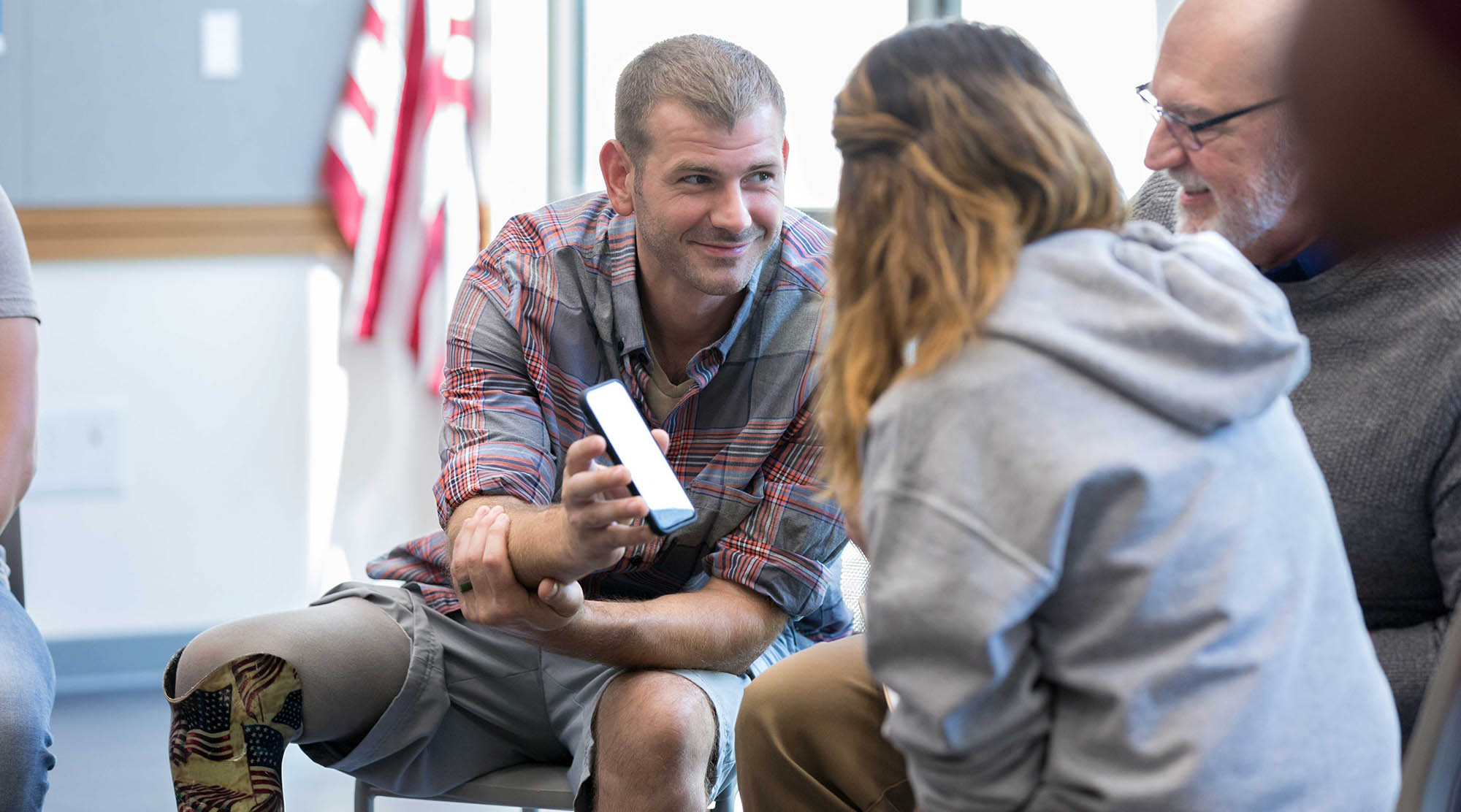Nevada, officially known as the “Silver State” due to the importance of silver to its history and economy, is renowned for its rich and varied features. From its vast, arid desert terrains and striking mountains to its bustling cities, Nevada presents a unique blend of natural beauty and urban appeal.
The state’s landscapes are breathtaking, with the arid deserts surrounded by striking mountains, making it a perfect place for parks and outdoor activities. It’s also home to the Sierra Nevada, which translates to ‘snow-covered mountain range.’ The state’s geography includes everything from fire-red deserts to snow-capped mountains, and it boasts more mountain ranges than any other U.S. state.
In terms of cities, Nevada is best known for Las Vegas, Reno, and Carson City. Las Vegas, often referred to as the “Entertainment Capital of the World,” is famous for its vibrant nightlife, casinos, and entertainment shows. The city has more hotel rooms than any other city on Earth, reflecting its status as a global tourism hub.
Nevada’s culture is as diverse as its landscapes, with influences from various cultures contributing to its unique identity. The state is also known for hosting the annual Burning Man festival in the Black Rock Desert, a week-long event dedicated to community, art, self-expression, and self-reliance.
In addition to its natural beauty and cultural attractions, Nevada plays a significant role in the U.S. business landscape. It is the fourth-largest producer of gold in the world and supplies about 75 percent of all gold mined in the United States. Copper and black opals are other natural resources that are commonly found in Nevada.
In conclusion, Nevada is known for its unique blend of natural beauty, urban appeal, rich history, diverse culture, and significant economic contributions. Whether it’s the allure of Las Vegas or the serene beauty of its national parks, Nevada has something for everyone.

